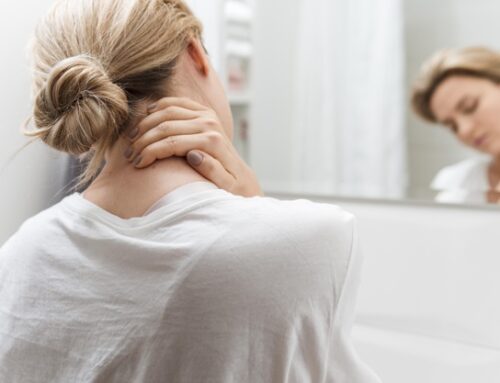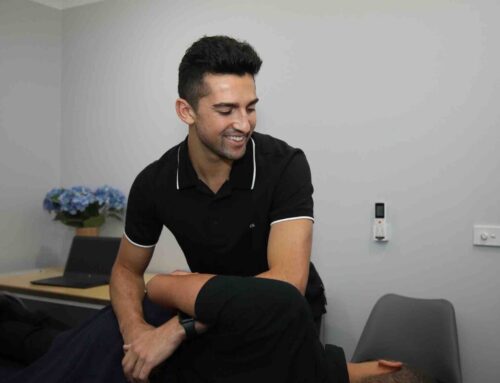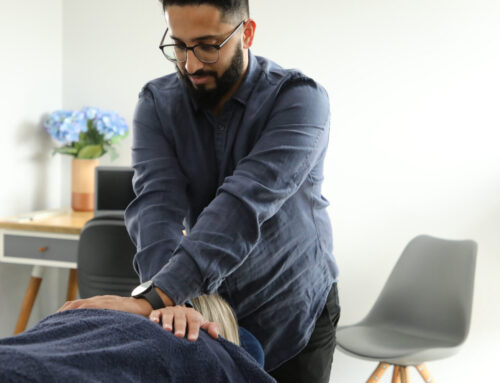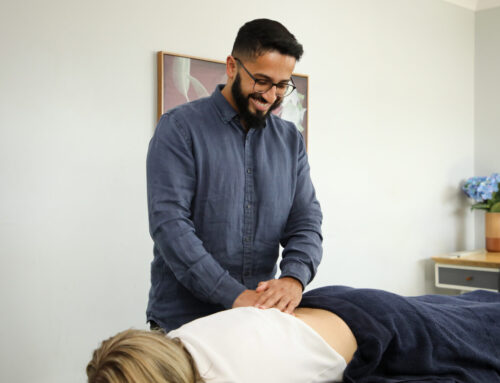If you’ve ever experienced pain in your tendons, you might have heard terms like tendinopathy, tendinitis, and tendinosis thrown around. While these conditions are related, they each describe different stages or aspects of tendon injury. As an osteopath, I’m here to help clarify these terms and explain how osteopathy can play a crucial role in managing and treating these conditions.

https://flexhealthprofessionals.com.au/tendonitis-tendinosis-and-tendinopathy/
Tendinopathy: An Umbrella Term
Tendinopathy is a general term used to describe any disorder of the tendons, the thick cords that attach muscles to bones. It encompasses both tendinitis and tendinosis, and it’s often used when the exact nature of the tendon injury isn’t clear. Tendinopathy can occur in various parts of the body, including the shoulders, elbows, knees, and ankles, affecting individuals across different age groups and activity levels.
Tendinitis: Acute Inflammation

https://proactivespineandjoint.com/post/tendinosis-versus-tendinitis/
Tendinitis refers to the acute inflammation of a tendon, usually caused by a sudden increase in activity, overuse, or direct trauma. It’s characterized by pain, swelling, and sometimes warmth around the affected area. Tendinitis is most common in younger, active individuals or athletes who may push their bodies too hard without adequate rest. If treated early, tendinitis can resolve quickly, but if left untreated, it can progress to more chronic conditions like tendinosis.
Tendinosis: Chronic Degeneration
Tendinosis, on the other hand, is a chronic condition that occurs when a tendon has been subjected to long-term stress without proper healing time. Unlike tendinitis, tendinosis is not associated with inflammation but rather with the degeneration of the tendon fibers. This condition often affects older adults or those who have repetitive strain on their tendons due to work or sports. Tendinosis is characterized by pain, stiffness, and a reduction in the tendon’s strength and elasticity, making it more prone to tears.
How can Osteopathy help?
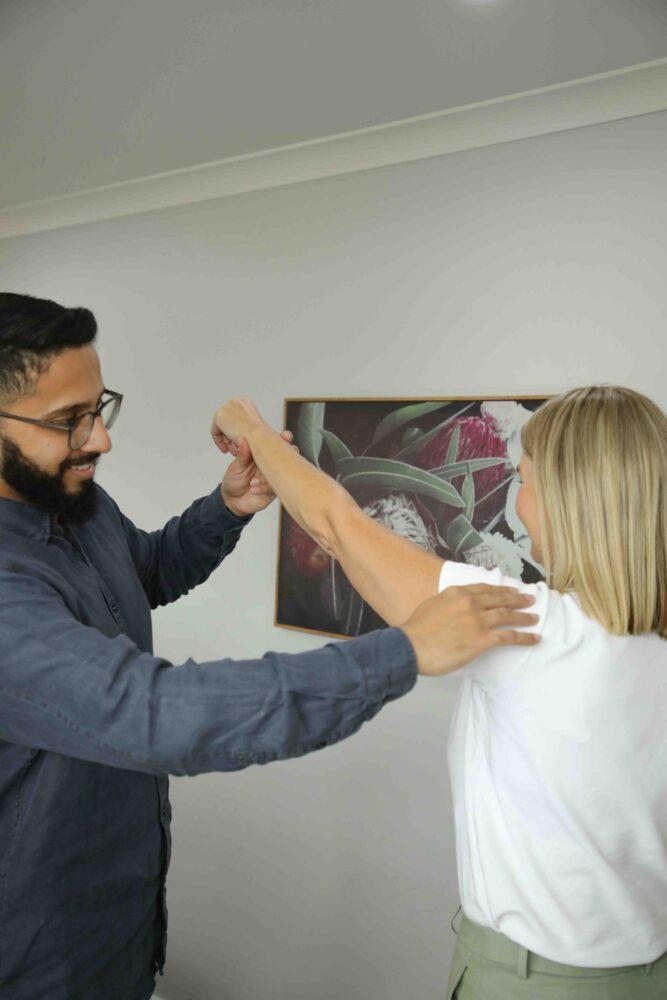
- Reducing Pain and Promoting Healing: Through manual therapy techniques such as soft tissue manipulation, stretching, and joint mobilization, osteopathy can help reduce pain and improve blood flow to the affected tendons, promoting healing.
- Addressing Underlying Causes: I focus on identifying and addressing the root causes of your tendon issues, such as poor posture, muscle imbalances, or incorrect movement patterns. By correcting these, we can reduce the strain on your tendons and prevent further injury.
- Rehabilitation and Strengthening: Osteopathy also includes rehabilitation exercises to strengthen the muscles around the affected tendon, improving stability and reducing the risk of future injuries.
What are the management/preventative strategies?
Managing tendon issues involves a combination of rest, activity modification, and specific exercises tailored to your needs. Here are some strategies I recommend:
- Rest and Gradual Return to Activity: Allow your tendons time to heal by reducing activities that exacerbate the pain. Gradually reintroduce exercise as your symptoms improve.
- Cold Therapy: Applying ice packs to the affected area can help reduce pain and inflammation, particularly in cases of tendinitis.
- Stretching and Strengthening: Regularly performing stretches and strengthening exercises can improve flexibility and tendon resilience.
Final takeaway
Whether you’re dealing with tendinitis, tendinosis, or another form of tendinopathy, it’s important to seek treatment early to prevent the condition from worsening. As your osteopath, I’m here to provide personalized care and support your recovery journey. If you’re experiencing tendon pain, please reach out to schedule a consultation at Pakenham Osteopathy. Together, we can develop a treatment plan that helps you heal and return to your normal activities with confidence.
If you have any questions, please feel free to email me directly: ammar@pakenhamosteopathy.com.au
